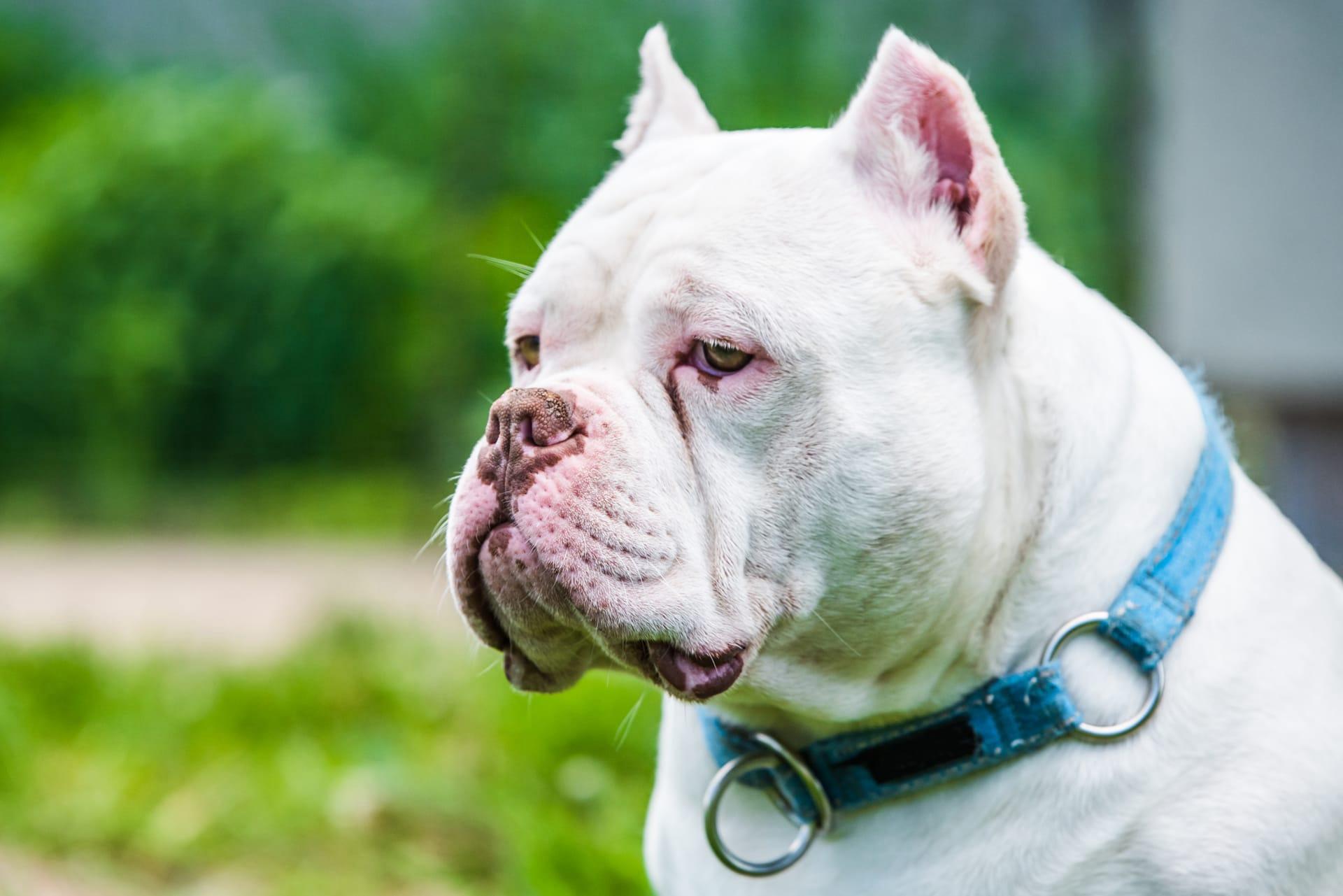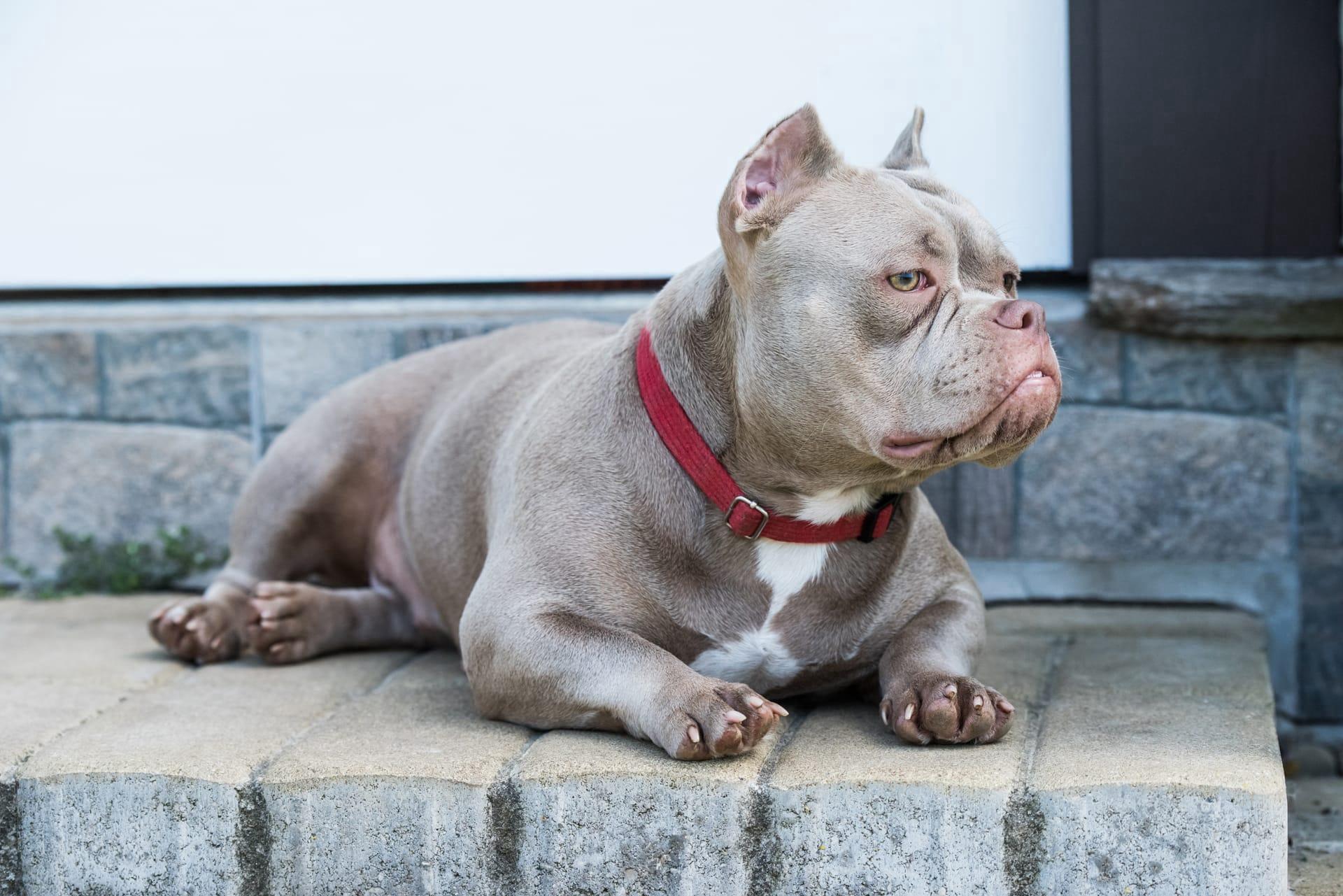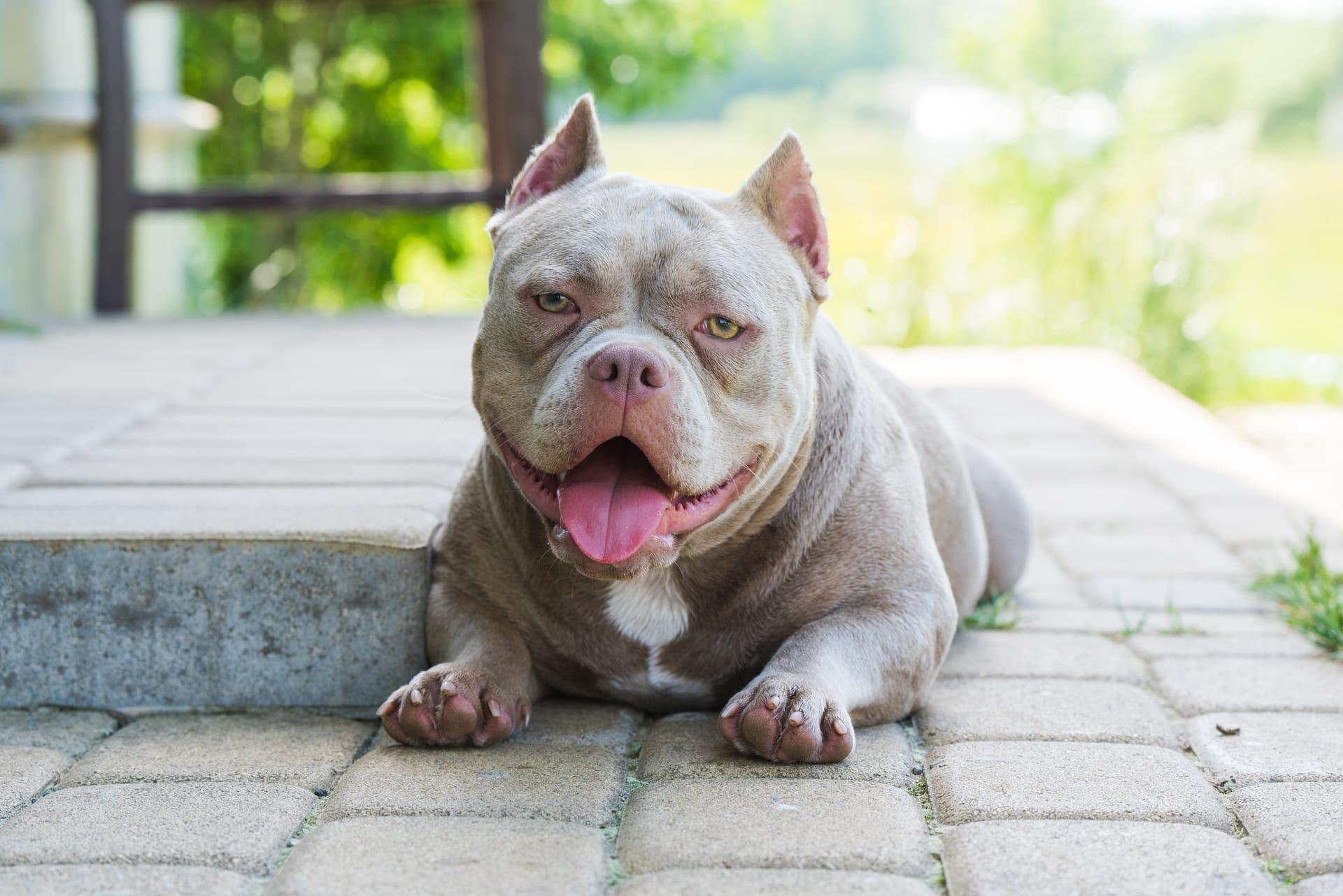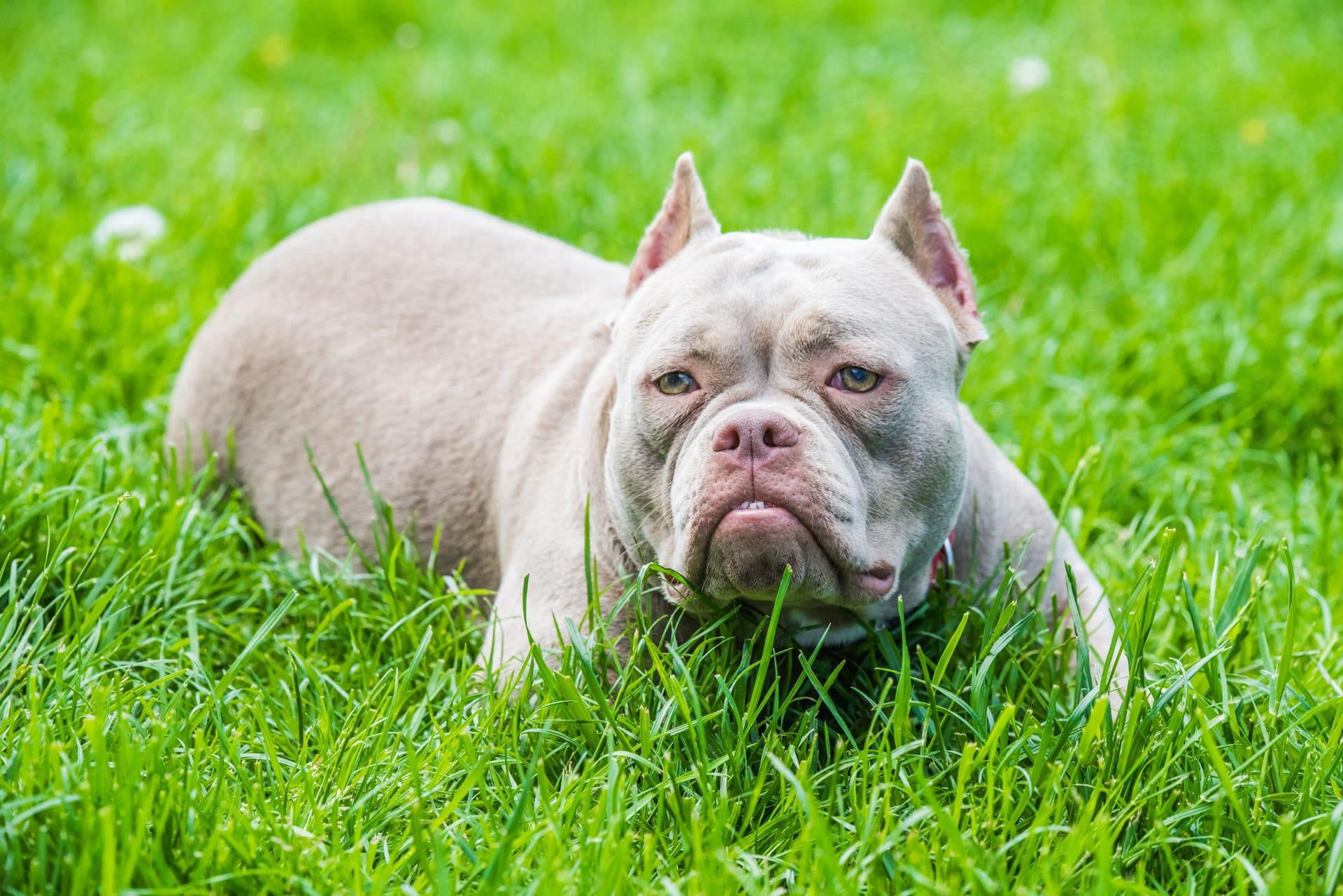Bulldog Trivia
- Home /
- Trivia Question /
- Animal /
- Bulldog Trivia
1
Question: What is the average lifespan of a Bulldog, and what health issues are they prone to?
Answer: Bulldogs typically live for about 8 to 10 years. They're prone to health issues like hip dysplasia, where the thigh bone doesn't fit snugly into the hip joint, and brachycephalic syndrome, linked to their short snouts, which can cause breathing difficulties. Regular vet check-ups and a healthy lifestyle are crucial for their well-being.
Question: How much exercise does a Bulldog need daily?
Answer: Despite their stout and muscular appearance, Bulldogs require only moderate exercise. About 20 to 40 minutes of walking each day, along with some playtime, is sufficient. Due to their brachycephalic nature, it's important to avoid strenuous exercise, especially in hot or humid weather.

2
Question: Are Bulldogs aggressive by nature, given their history in bull-baiting?
Answer: Contrary to popular belief, Bulldogs are not inherently aggressive. They were originally bred for bull-baiting, but today's Bulldogs are known for their gentle, affectionate nature. They tend to form strong bonds with their families and are often great with children.
Question: Is it true that Bulldogs cannot swim because of their physique?
Answer: Bulldogs are not natural swimmers. Their heavy upper bodies and short legs make it difficult for them to stay afloat. While some may learn to swim with supervision and life vests, it's generally safer to keep them away from deep water to prevent drowning risks.

3
Question: How much does a typical Bulldog weigh and what is their average height?
Answer: Adult Bulldogs usually weigh between 40 to 50 pounds (18 to 23 kilograms). Their height, measured at the shoulder, ranges from 14 to 15 inches (35.5 to 38 cm). These dimensions contribute to their distinctive, stocky build.
Question: What kind of diet is best for Bulldogs to maintain their health?
Answer: Bulldogs do well on a high-quality, balanced diet rich in proteins and low in grains, as they can be prone to allergies. Portion control is crucial, as they tend to gain weight easily. Avoid foods high in fat and provide a consistent feeding schedule to support their digestive health.

4
Question: How do Bulldogs typically interact with other pets?
Answer: Bulldogs can be very friendly and social with other pets if properly socialized from a young age. They usually get along well with other dogs and can live peacefully with cats. Early socialization and positive reinforcement training are key.
Question: Do Bulldogs require a lot of grooming?
Answer: Bulldogs have a short, fine coat that requires minimal grooming. A weekly brushing to remove loose hair and regular cleaning of their facial wrinkles to prevent infection are important. They don't need frequent baths, but their ears, eyes, and nails should be checked and cleaned regularly.

5
Question: What is the origin of the Bulldog breed?
Answer: Bulldogs originated in England, dating back to the 13th century. They were initially bred for bull-baiting, a sport where dogs fought bulls. After the sport was banned in the 19th century, the breed was refined to be less aggressive, leading to the lovable companion we know today.
Question: Are Bulldogs good with children?
Answer: Yes, Bulldogs are generally excellent with children. They are known for their gentle, patient nature and often display a protective instinct towards kids. Their sturdy build makes them tolerant of playful behavior, but as with any breed, interactions should always be supervised.